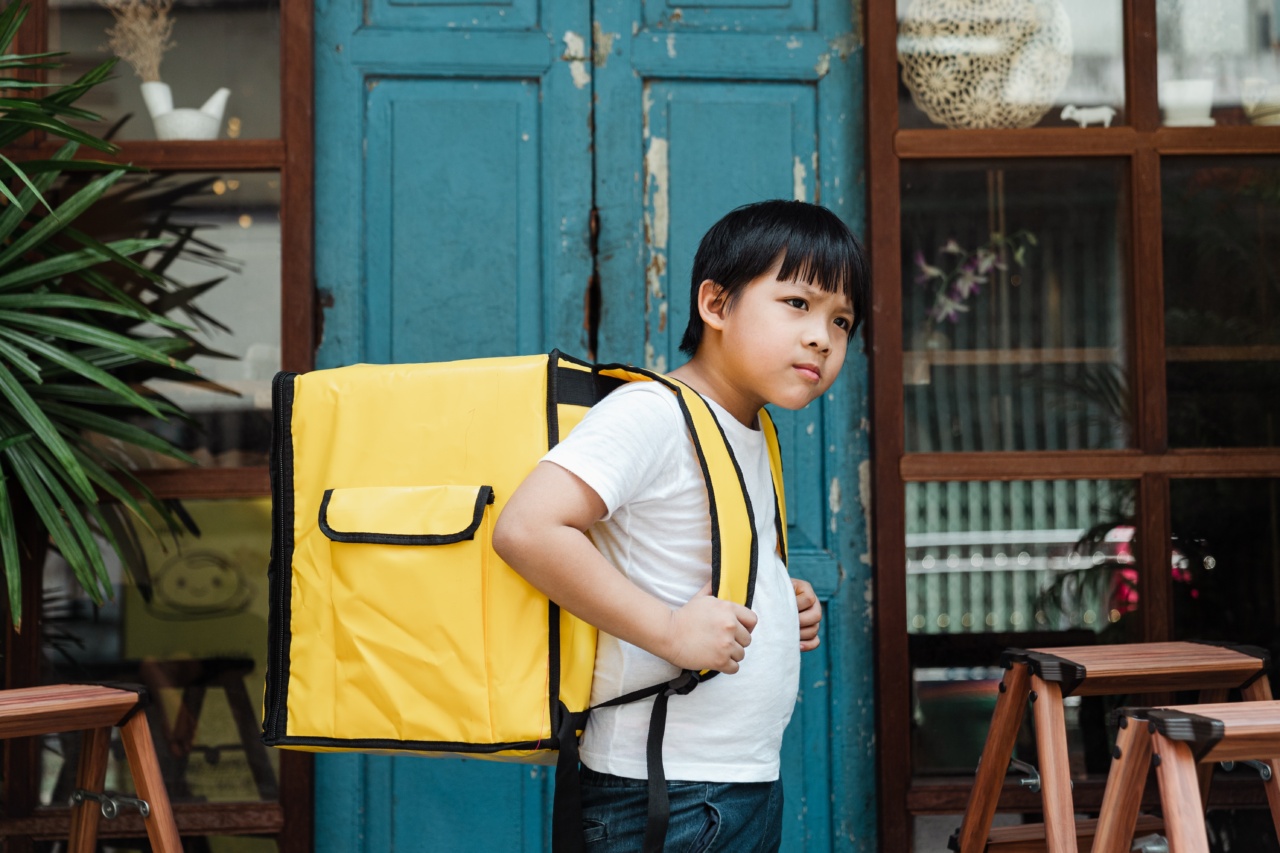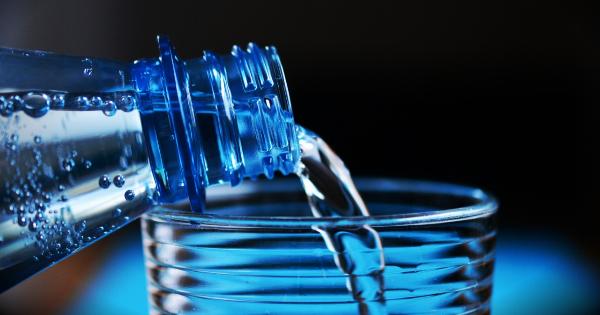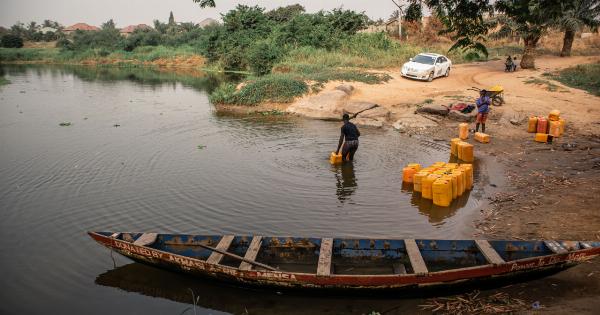Dehydration is a common concern among parents, especially during the hot summer months or when their child is unwell. It occurs when the body loses more fluids than it takes in, leading to an imbalance in electrolytes and causing various complications.
Recognizing the early signs of dehydration and taking prompt action is crucial in preventing further health issues. In this article, we will discuss how to spot dehydration in kids and what you can do to address it.
What Causes Dehydration in Kids?
Understanding the causes of dehydration is important for prevention and early intervention. Some common causes of dehydration in kids include:.
1. Inadequate fluid intake: Children might not consume enough fluids to meet their body’s needs, especially when they are busy playing or distracted with other activities.
2. Excessive sweating: Physical activities, such as sports or outdoor play, can lead to excessive sweating, resulting in fluid loss.
3. Illness: When a child is sick, especially with vomiting, diarrhea, or fever, the body loses more fluids than usual, increasing the risk of dehydration.
4. Hot weather: High temperatures and high humidity levels can cause kids to sweat more, leading to increased fluid loss.
5. Medications: Certain medications, such as diuretics or those that increase urine production, can contribute to dehydration.
Spotting the Signs of Dehydration
Recognizing the early signs of dehydration is crucial for timely intervention. Here are some common signs that your child may be dehydrated:.
1. Dry mouth and lips: One of the first signs of dehydration is dryness in the mouth and lips. You may notice that your child’s tongue looks dry or sticky.
2. Decreased urine output: Pay attention to the frequency and amount of your child’s urine. If they are urinating less frequently and the urine appears dark in color, it may indicate dehydration.
3. No tears when crying: Tears require proper hydration, so if your child is crying without producing tears, it may be a sign of dehydration.
4. Lethargy and irritability: Dehydration can cause your child to become tired, cranky, and less active than usual. They may also show signs of general irritability.
5. Sunken eyes and fontanelle: In infants, dehydration can manifest as sunken eyes and a sunken soft spot on the top of the head (fontanelle).
6. Dizziness or lightheadedness: Older children may complain of dizziness or feeling lightheaded, which can occur due to dehydration.
7. Dry or cool skin: Dehydrated children may have dry, cool, or discolored skin. The skin may also appear less elastic than usual when pinched and released.
8. Muscle cramps: Electrolyte imbalances resulting from dehydration can lead to muscle cramps in some children.
9. Rapid heart rate: When dehydrated, the heart has to work harder to pump blood throughout the body, leading to an increased heart rate.
10. Fainting: Severe dehydration can cause a child to faint or lose consciousness. If this occurs, seek immediate medical attention.
What to Do When Your Child Is Dehydrated
When you suspect your child is dehydrated, it’s important to take immediate action. Here are some steps you can take:.
1. Offer fluids: Encourage your child to drink fluids that contain electrolytes, such as oral rehydration solutions or sports drinks. Water and diluted fruit juices can also help replenish fluids.
2. Monitor fluid intake: Keep track of your child’s fluid intake and ensure they are drinking regularly. Offer fluids in small, frequent sips if your child is unable to tolerate large amounts at once.
3. Provide a cool environment: If your child is experiencing excessive heat or humidity, move them to a cooler environment to prevent further fluid loss through sweating.
4. Encourage rest: Physical activity can exacerbate dehydration. Encourage your child to rest and limit strenuous activities until they are adequately hydrated.
5. Offer hydrating foods: Some fruits and vegetables have high water content and can help replenish fluids. Offer watermelon, cucumbers, oranges, and other such foods to your child.
6. Seek medical attention when necessary: If your child’s condition worsens, they are unable to keep fluids down, or they show signs of severe dehydration, it is important to seek immediate medical attention.
The healthcare provider may recommend intravenous fluid administration in severe cases.
Preventing Dehydration in Kids
Prevention is always better than cure. Here are some tips to help prevent dehydration in children:.
1. Encourage regular fluid intake: Ensure that your child drinks fluids regularly throughout the day, especially during physical activity or hot weather.
2. Make water easily accessible: Have water bottles readily available for your child, both at home and when they are outside or at school.
3. Monitor outdoor play in hot weather: Limit your child’s time outdoors during extreme heat conditions. Encourage them to take frequent breaks and drink fluids.
4. Teach good hygiene: Proper handwashing can prevent illnesses like diarrhea and vomiting, which can lead to dehydration. Teach your child good hygiene practices.
5. Pack hydrating snacks: When sending snacks to school or for outings, include fruits and vegetables with high water content to help keep your child hydrated.
6. Lead by example: Show your child the importance of drinking water regularly by setting a good example yourself.
7. Stay informed: Educate yourself about the early signs of dehydration and what measures to take in case of suspected dehydration. This knowledge will help you act promptly.
Conclusion
Dehydration can have serious consequences on a child’s health if not promptly addressed. By recognizing the signs of dehydration and taking appropriate action, parents can help their children stay hydrated and prevent further health complications.
Encourage your child to drink fluids regularly, especially during physically demanding activities or when unwell. Remember to seek medical attention if your child’s condition worsens or if severe dehydration is suspected. With proper care and vigilance, dehydration in kids can be effectively managed.


























